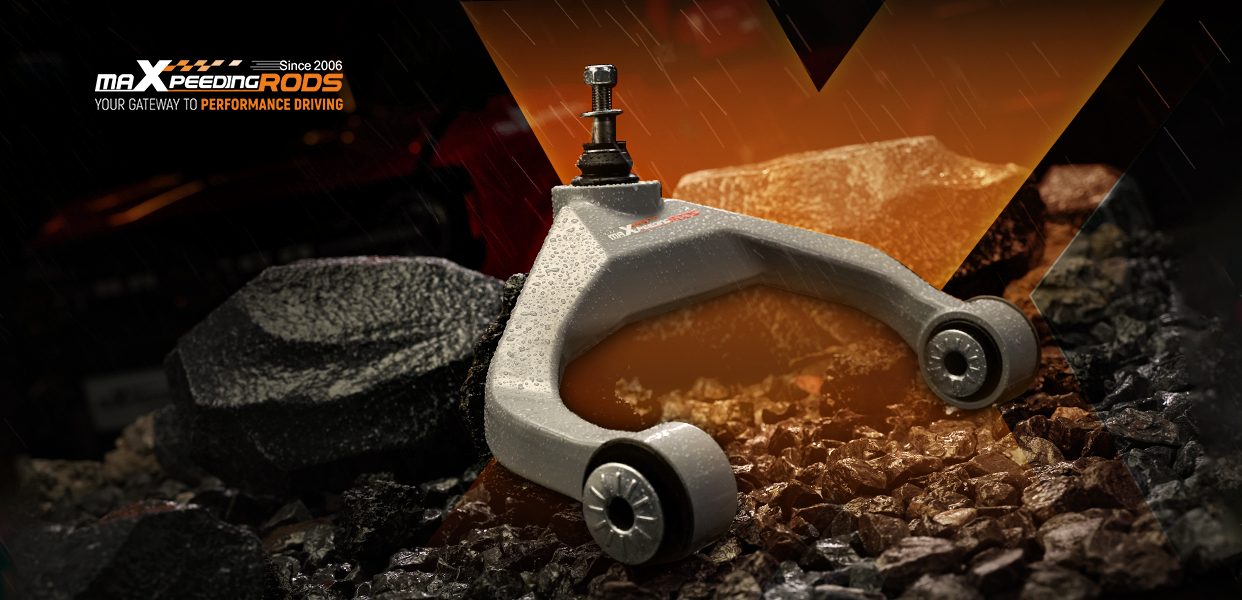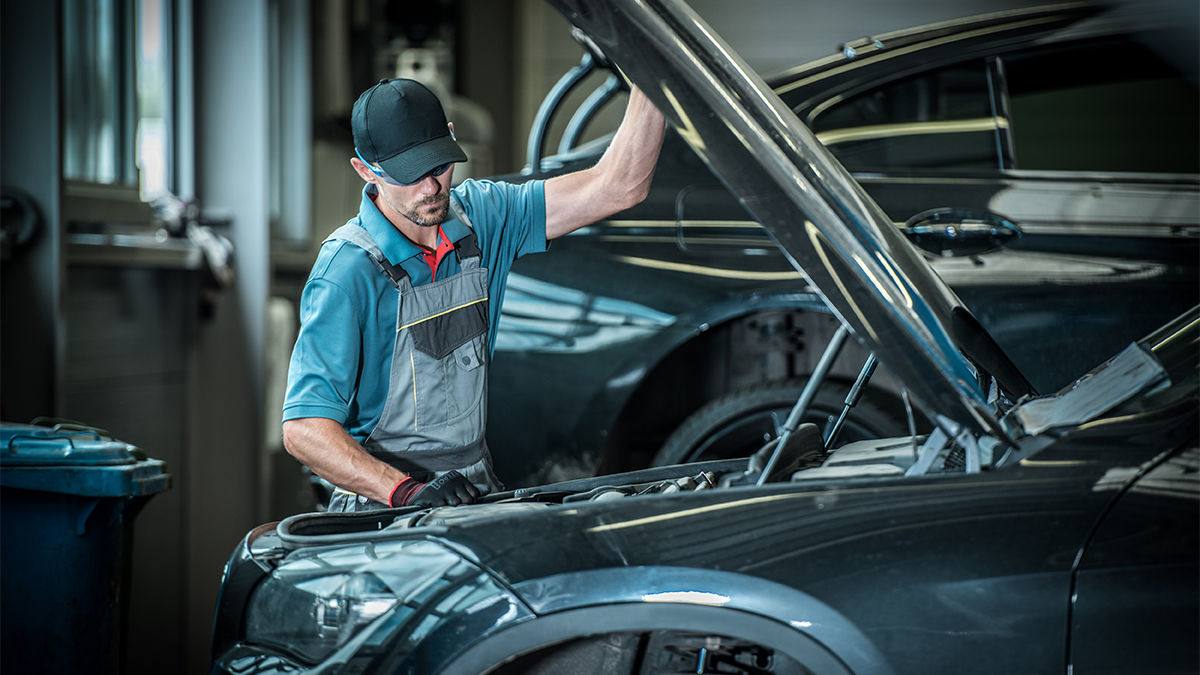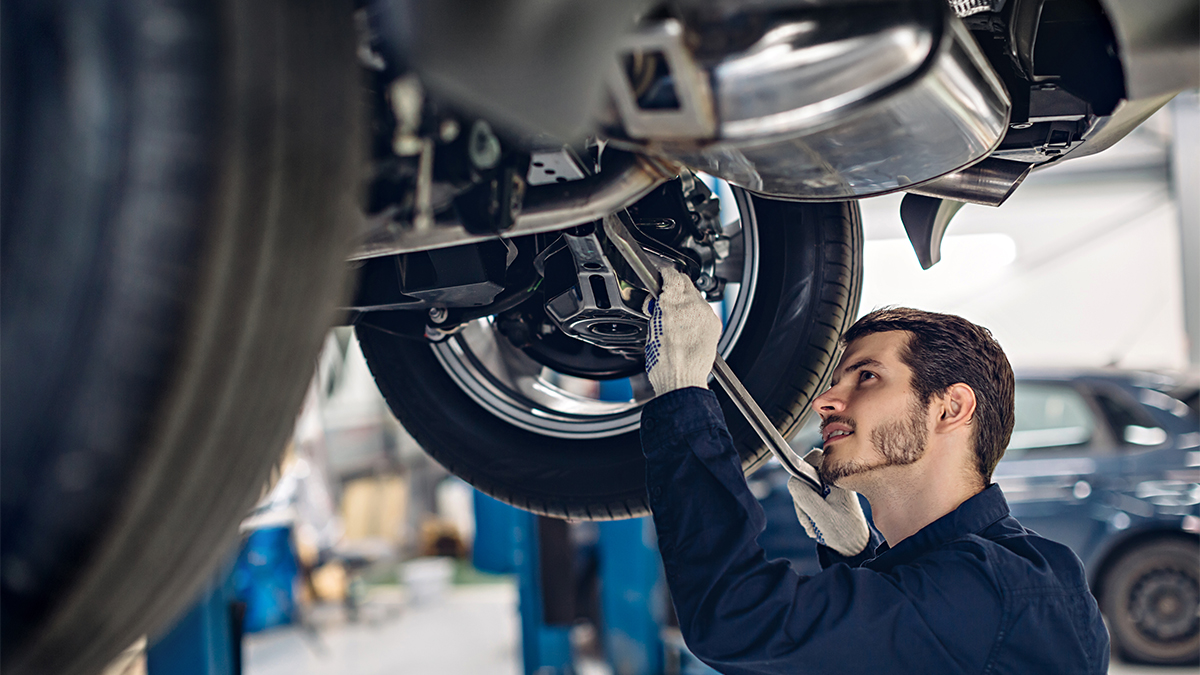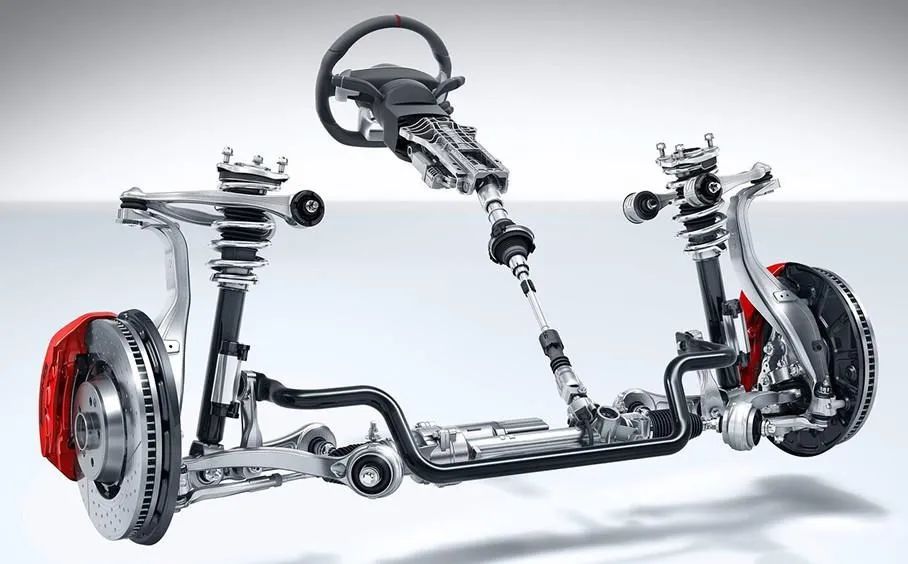Editor Note: Our friend Aido is building his 99 DC2 Integra, let’s see how about his turbo set-up,keep reading!
I am doing a budget performance engine rebuild on my 99 DC2 Integra with GT30 MaXpeedingRods Turbo and the Oil feed line kit.

What do you actually get when you order one of these?
Okay so here we can see it removed from the box, it’s wrapped quite well. It comes sitting on the exhaust housing as pictured, which is rested on top of a thick wrapped foam pad and is also encased in a plastic bag with compressor caps for the wheel and housing inlet. The base of the turbo exhaust housing is wrapped in wax paper to help prevent corrosion, a feature that most other turbo’s usually come with when boxed. Notice that it also comes with a thick stainless Turbo flange gasket which I really like as it is a quality unit, (I will include pics of it installed on the manifold at the end) and also some oil feed/drain gaskets and a banjo bolt which I assume is for one of feed or return ports.

What features do they have?
Moving on, what does the compressing wheel and housing look like up close you ask? In this next pic below you can see it’s quite good. What you’re looking at is a GT3076R journal bearing compressor housing. It’s definitely not a Garret, but it’s quite a good version of the design. The housing is free from defects, It has a location on the inlet for a vacuum port if you wish to drill and install one, and the wheel itself appears to be of a good standard and rotates freely without touching the housing or rotating out of balance. (we will be installing and dynoing this turbo on the engine in a further follow-up)

Moving on to the exhaust housing and turbine wheel, we can see the housing finish itself looks great. It has a few marks here and there but the camera images speak for themselves. The wheel if you look closely has a tiny scratch on one of the impeller blades but the wheel moves freely, does not touch the housing and runs true as it should, so I am not concerned. I did note this to MaXpeedingRods just as an observation. (There does appear to be some other marks on the outside edges of the impeller blades but ignore this as its just shadowing off the camera flash).
What is this Turbo actually?
As you can see above, this turbo uses the older 4 bolt turbine housing design. A V-band option would be great but again you get what you pay for and if you want that option you can always cut and weld that onto the housing, but for the purposes of this review I will not be modifying the turbo at all. It will be run exactly as it came out of the box.
Next we have a shot here of the hot side and flange, which is a T3 flange. You can see that again the quality of the machining is not bad. The flange surface is evenly machined and did fit up well to the exhaust manifold when mated with the supplied gasket. You can also see the turbo drain port which is machined nicely. (In these pics the turbo has not been clocked or modified at all it’s as you see it right out of the box)
Next up we have a close-up shot of the turbo showing the oil Feed port and one of the water ports of which there are 2, which is an important part of the GT style turbo design which we will touch on later. Notice that the turbo housing bolts are marked for assembly order. This turbo is also able to be clocked on both the Compressor and Turbine side for full adjustment for any type of manifold and Oil feed/return/water line setup you wish to use.

Before continuing to the end I want to show some close-ups of the Oil line kit. The kit shown here is “Universal for T3 turbo” so in saying this I knew that not everything in this kit will be of use in this particular install, but I hoped that I would be able to use some of its contents and I also was curious to see the quality of the fittings and hoses supplied. To be honest I have to say that the quality is good and I would be happy to use them. Unfortunately the oil feed line will not work for me in this application because I am using this turbo on a bottom mount ramhorn style manifold (which we will see at the conclusion of this review) the return line however is a 550mm -10AN line which we will cut to size and use with the fittings supplied. (Some modification may be required on final install we will show this at a later date) we also did use the Allen nuts pictured to secure the oil feed line port adapter and they fit the application as intended but we may not use this in the final install due to using a different style of oil feed line adapter.

Details of what exactly is included in the kit are listed on the link I posted above at the beginning of the review. The feed line is a 1000mm -4AN line and the return is a 500mm -10AN. Note: The T3 flange gasket pictured is supplied with the turbo and does not come with the line kit.
Here is a front on shot of the Turbo + line kit for your viewing pleasure:

How should it be configured when installed?
In my opinion this is a decent version of a journal Bearing Garret GT3037-3076R turbo. It comes marked on the box as a GT3037 but in reality with its small Exhaust turbine housing and larger compressor housing which is an A/R .82 housing, it is in fact a hybrid turbo using the smaller exhaust side of the GT3037 with the larger GT3076R A/R .82 compressor housing.
MaXpeedingRods estimates that with the right size engine that it could be capable of up to 500hp, and in my opinion for a street driven car it is not a bad option for those that want performance with street drivable spool times below 4k rpm. When I originally looked at reviewing these turbo’s I almost went for the bigger GT35R with its anti-surge housing before remembering bigger is not always better on a small mildly modified 1.8L street driven engine.
One thing I’d like to touch on is installation of this turbo design, it is a GT style turbo and the original designer (Garret) supplied installation instructions specific to this turbo including the clocking position for the proper install of the OIL + WATER lines. The Water lines MUST be used in the installation of this turbo as they are a critical part of its design in helping to cool the turbo housing and bearings. Here is a link that will explain what I am talking about below
Turbo System Optimization
(scroll down to find housing orientation settings and explanations about journal bearing Feed/return + Water Line line setup)
And finally, here is a shot of my turbo installed onto my AC/PS friendly Ramhorn Exhaust manifold, notice the clearance between the header pipe and Oil feed port, this is why we won’t be using the feed line supplied, as it is not designed to work in this application with this manifold setup.
Thanks and stay tuned for the second part of my review which will show the turbo installed and running!









